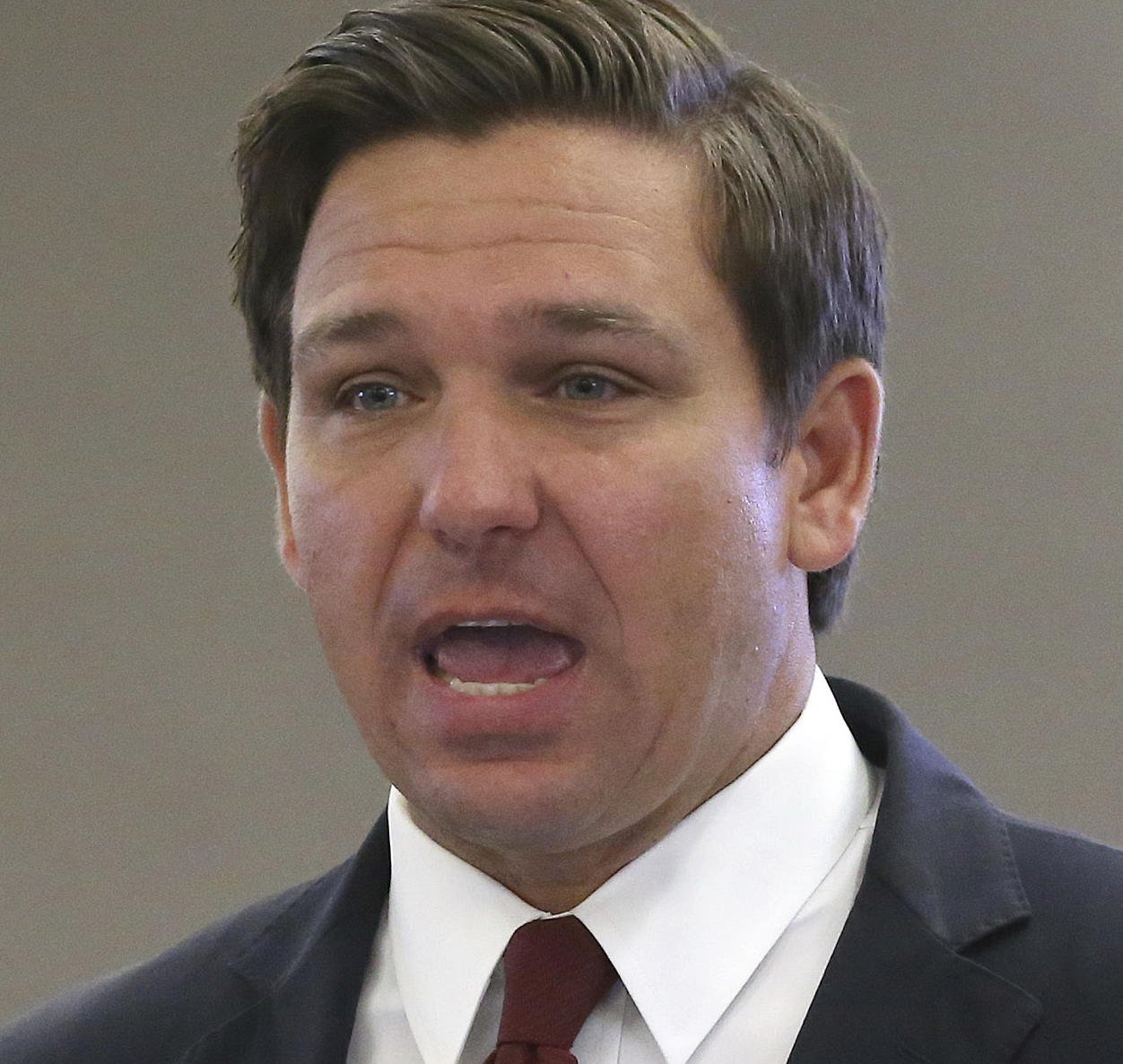Even by global standards, Florida's economy is sizable. If the state were a country, it would have the world's 15th largest economy, 2021 data published by the Florida Chamber of Commerce shows.
When Ron DeSantis ran for governor, one of his primary goals was diversifying that economy and creating more high-paying job opportunities for Floridians. That included bolstering the state's already predominant industries, such as tourism and construction, and expanding fields such as financial services, biomedical research and aerospace.
"As governor, Ron DeSantis will focus on efforts that create a Florida business environment where companies want to move and grow," DeSantis' gubernatorial campaign website read.
Economic statistics from the U.S. Bureau of Labor Statistics' payroll data shows the new fields DeSantis promised to expand have increased job counts by double-digit percentages.
-
In aerospace products and parts manufacturing, for example, jobs increased 17.6% from about 24,500 in January 2019, when DeSantis took office, to 28,800, as of August 2022.
-
Scientific research and development services jobs increased 34.7% from about 19,000 to about 25,600 in March 2022.
-
And in finance and insurance, the closest category to financial services, jobs increased 15.6% from 391,300 to 452,500 in August 2022.
But the other industries DeSantis specified in his promise, Florida's typically predominant industries, fared less well amid the coronavirus pandemic.
-
Leisure and hospitality jobs rose 1.9% from almost 1.25 million in January 2019 to 1.27 million in August 2022. At the start of the pandemic, in April 2020, they nearly halved from about 1.2 million to only 700,000.
-
Construction jobs stayed fairly stagnant, rising 6.5% from about 557,800 in January 2019 to about 593,800 in August 2022.
Florida's average weekly wages also increased. In 2019, the average worker in the state made $995 per week. By 2021, that number rose by 16.5% to $1,159, relatively consistent with the U.S. average weekly wage increase from $1,139 to $1,300 in that same period.
Financial intelligence company Moody's Analytics scores states on a diversity index based on how much a state's economic makeup parallels the national economy's makeup. The highest possible score is 1, which would mean that a state has the same industrial distribution as the country. Florida's diversity index has increased from 0.8483 to 0.858 from 2019 to 2021. And, perhaps more importantly, the state ranked as the ninth most diverse in 2021, based on Moody's analysis.
But Florida's increasing diversity index likely isn't just a product of a rise in jobs.
"Part of this is we've definitely seen growth in these target industries, but the pandemic also had the side effect of reducing some of the employment in leisure and hospitality," said Moody's Analytics economist Emily Mandel. "You've got two ends of the scale here, where one isn't necessary back to where it was before."
The numbers show DeSantis followed through on his general goals, although it is hard to find a causal relationship to any particular state-level policy. Instead, experts like Mandel point to two factors: Florida's early COVID-19 reopening and companies that have relocated to the state post-pandemic.
Part of that increase in companies aligns with general mass migration to Florida. More than 220,000 people moved into Florida than left it between July 2020 and July 2021, and the state's population could reach 22 million this year, reports the Demographic Estimating Conference, part of Florida's Office of Economic and Demographic Research.
When asked by PolitiFact, DeSantis' office pointed to a Business Insider article proclaiming Florida's post-pandemic growth. In the article, The Boyd Co.'s CEO, John Boyd, calls DeSantis a "good salesman-in-chief" for the state. (The Boyd Co., based in Boca Raton, Florida, is a global site-election company.)
"You know, economic development really comes down to leadership at the end of the day," Boyd said.
Although it's hard to attribute progress on this promise directly to DeSantis' actions, statistics show that much of what he sought has come to pass. We rate this Promise Kept.

